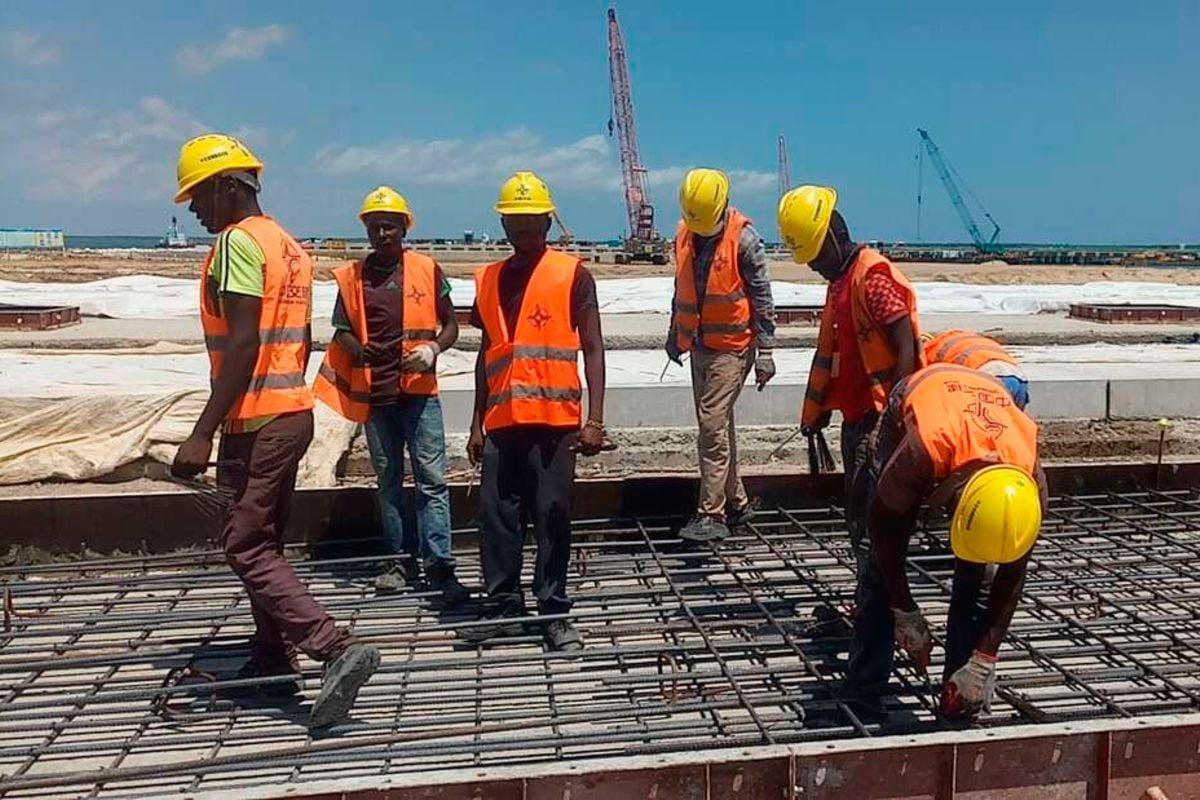The recent resolution of the court case that pitted the government and the fishing community is welcome news for the Lamu Port South Sudan Ethiopia Transport (Lapsset) corridor project.
The vetting of some 4,000 fishermen for compensation by the Ethics and Anti-Corruption Commission and Kenya Ports Authority will now put paid to fears that the project was not meant to benefit the community. The journey to this resolution has been fraught with challenges and debates, particularly concerning environmental sustainability and community welfare.
To understand the significance of the ruling and compensation agreement, let’s contextualise it. Conceived in 2012, Lapsset is a transformative infrastructure project encompassing a deep-sea port in Lamu, a standard gauge railway connecting Kenya to South Sudan and Ethiopia, a road network, oil pipelines, an oil refinery and resort cities.
Lapsset is a cornerstone of Kenya’s Vision 2030, aiming to achieve a more equitable distribution of resources and development across the nation. The Lapsset Corridor Development Authority spearheads project implementation, with China Communication Construction Company the main contractor. Significant progress has been made on the Lamu Port itself.
The first three berths are complete, with Berth 1 operational since 2021. A liquid bulk berth and an agri-bulk berth are planned, with feasibility studies and Public-Private Partnership models under development.
Lapsset holds immense potential for regional development and economic prosperity, promising to unlock opportunities across various sectors.
The resort cities and development of the blue economy will stimulate tourism and sustainable resource use. These endeavours promise economic dividends, job creation and community empowerment, transforming livelihoods in the region.
Degraded ecosystems
However, amidst the optimism, it’s imperative to address environmental concerns and ensure the sustainability of the project. The restoration of degraded ecosystems, such as the mangrove forests in Lamu, must be prioritised.
The project contractor must demonstrate its commitment to corporate social responsibility and environmental stewardship. By actively involving local inhabitants in decision-making processes and conservation initiatives, the project can foster a sense of ownership and mutual benefit.
Resource allocation is another challenge. Equipping Lamu Port and completing crucial sections of the Isiolo-Lokichar road, a key link to Juba, require significant investment. The AU can play a vital role in mobilising resources given Lapsset’s contribution to continental integration.
As the project moves forward, it is imperative to uphold principles of inclusivity, sustainability, and accountability for a brighter, more equitable future.
The writer is a strategic communications specialist in the transport and logistics sector

